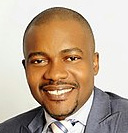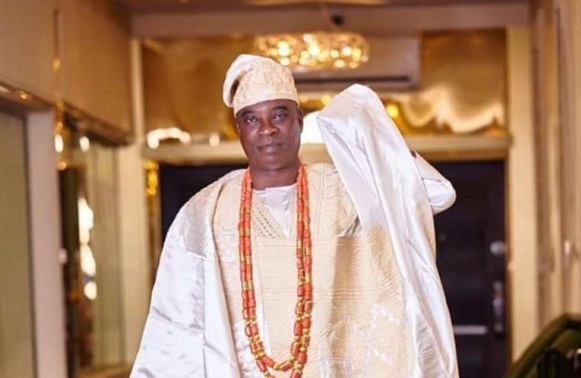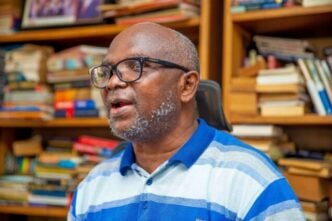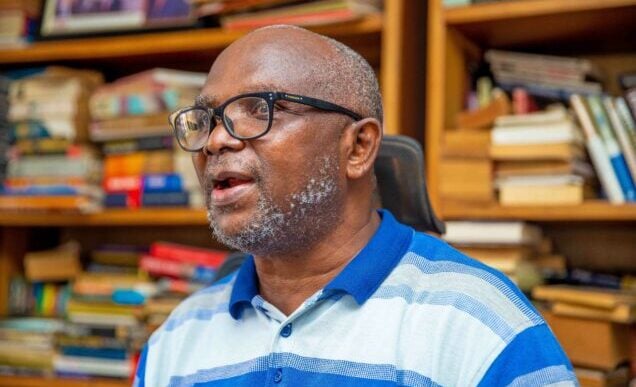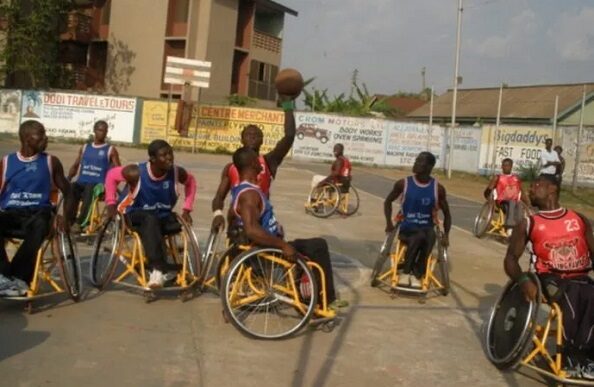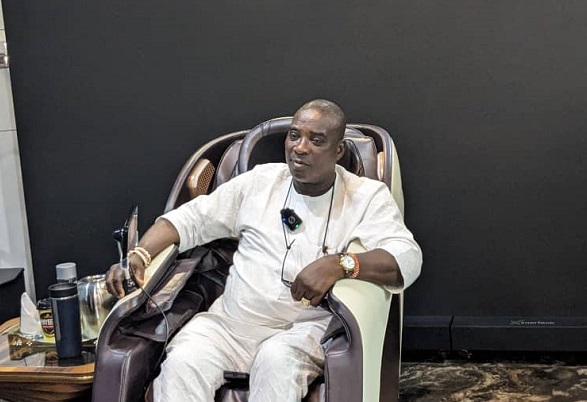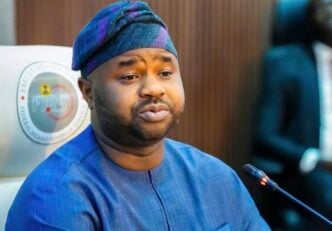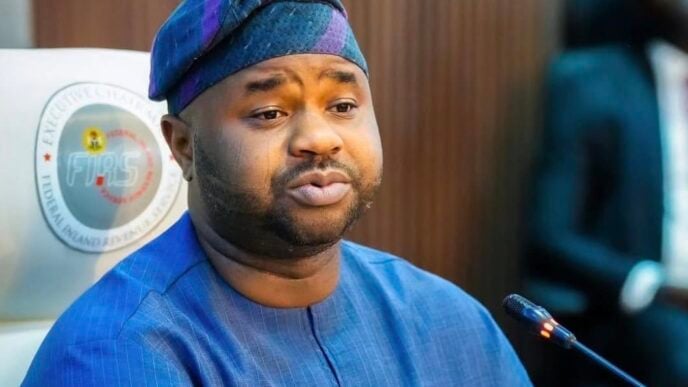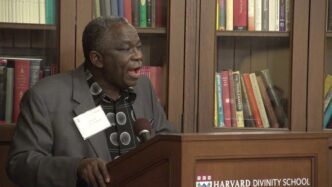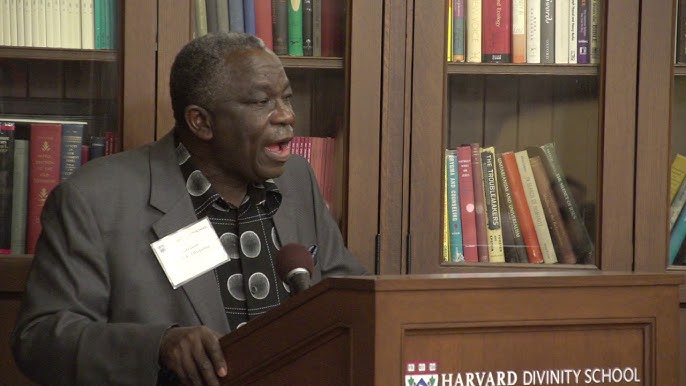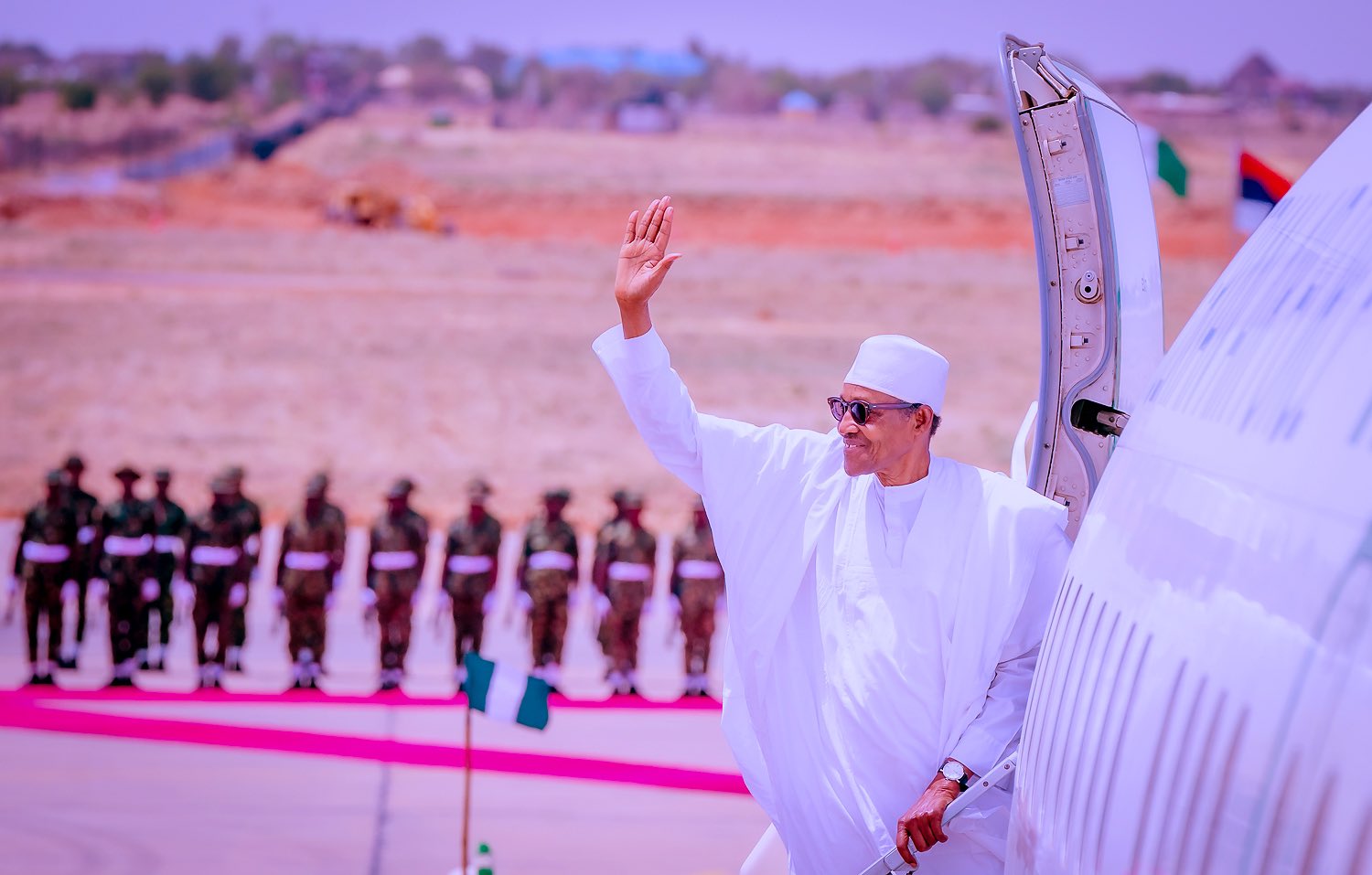A viral video recently captured Fuji musician K1 De Ultimate attempting to disrupt a ValueJet flight at Abuja airport. According to reports from the Federal Airports Authority of Nigeria (FAAN), he splashed liquid—allegedly alcohol—on a staff member and tried to block the aircraft from taxiing. He later claimed it was water for medical reasons, but the damage was done. The Nigerian Civil Aviation Authority (NCAA) condemned the act, and the pilot was suspended pending investigation.
In a functioning society, such behavior would trigger swift legal consequences. In ours, it prompted a tepid apology—likely because cameras were rolling. Had there been no footage, he would have probably locked up the pilot and airline owner, After all, he is “The Ultimate.”
This incident is more than a celebrity scandal. It’s a metaphor for a nation where power exempts one from consequence. Nigerian aviation law is clear: liquids over 100ml are prohibited unless medically necessary and declared. Yet enforcement bends to influence.
We live in a country where “Do you know who I am?” is not a question—it’s a threat. From government officials using sirens to bully their way through traffic, to reckless drivers ignoring zebra crossings, the culture of impunity is top-down. I once stopped at a zebra crossing near Zenith Bank on Ajose Adeogun to let a pedestrian cross. An SUV driver insulted me for doing so. At the next red light, I told him, “It’s a zebra.” He apologized—perhaps he never attended a driving school.
Advertisement
But the consequences of lawlessness go beyond insults. A friend of mine was nearly killed while using a zebra crossing. He has since relocated with his family to Canada. That’s the cost of civic decay: we lose good people to safer societies.
And what of the 70-year-old politician who publicly admitted to importing thugs and arms for the 2015 elections? Those thugs, now bandits, terrorize us daily. Was he prosecuted? Of course not. Like K1, he belongs to the exclusive club of the untouchables.
These daily infractions—and the silence of those tasked with enforcement—erode our values and unravel the fabric that binds us. Is this the legacy we want to leave? Should apologies replace justice? What happens when laws only apply to the powerless?
Advertisement
We must demand better. We must rebuild civic education, empower institutions to act without fear or favor, and insist that the law protect everyone equally. We can still build a society where zebra crossings are respected, where flights are safe, and where fame does not override accountability.
But it starts with refusing to excuse the inexcusable.
Views expressed by contributors are strictly personal and not of TheCable.
